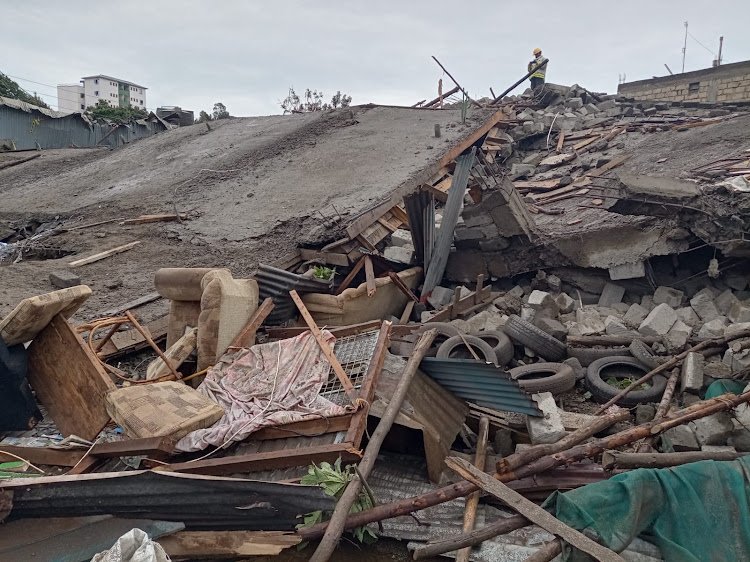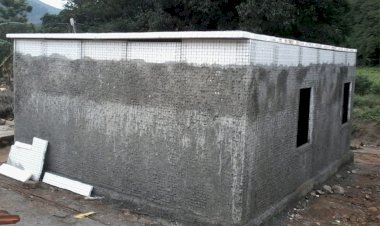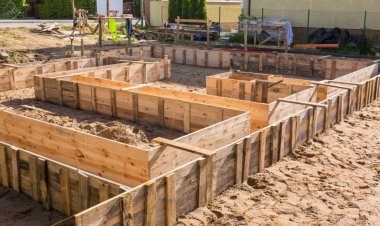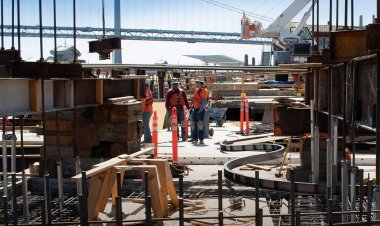Addressing the Menace of Collapsing Buildings in Kenya: Government Strategies
Addressing the menace of collapsing buildings in Kenya requires a multi-faceted approach that combines stringent regulations, effective enforcement mechanisms, public awareness campaigns, and collaboration with stakeholders.

The issue of collapsing buildings in Kenya has become a significant concern, posing risks to human lives, property, and the overall development of the country. To effectively tackle this menace, the Kenyan government must adopt a comprehensive approach that encompasses stringent regulations, enhanced enforcement mechanisms, public awareness campaigns, and collaboration with relevant stakeholders. Here are some potential strategies that the Kenyan government can employ to address the problem of collapsing buildings.
1. Strengthening Building Regulations:
The government should review and update existing building codes and regulations to ensure they are comprehensive, up-to-date, and aligned with international standards. This includes establishing clear guidelines for construction materials, structural design, and safety measures. Regular audits and inspections should be conducted to ensure compliance with these regulations.
2. Enhancing Enforcement Mechanisms:
The government should establish a specialized task force or agency responsible for monitoring and enforcing building regulations. This body should have the authority to conduct regular inspections, issue permits, and impose penalties for non-compliance. It should also collaborate with relevant professional bodies, such as architects and engineers, to ensure adherence to professional standards.
3. Promoting Professionalism and Capacity Building:
The government should invest in training programs and capacity-building initiatives for professionals involved in the construction industry. This includes architects, engineers, contractors, and inspectors. By enhancing their skills and knowledge, the quality of construction projects can be improved, reducing the risk of building collapses.
4. Public Awareness and Education:
The government should launch public awareness campaigns to educate citizens about the dangers of substandard construction practices and the importance of adhering to building regulations. This can be done through media campaigns, community outreach programs, and educational initiatives in schools. Citizens should be encouraged to report any suspicious construction activities or buildings that do not meet safety standards.
5. Strengthening Collaboration:
The government should foster collaboration with relevant stakeholders, including professional bodies, industry associations, and civil society organizations. This collaboration can involve sharing information, conducting joint inspections, and developing initiatives to promote safe construction practices. Engaging with the private sector can also encourage investment in safer and more sustainable building projects.
6. Streamlining Approval Processes:
The government should streamline the approval processes for construction projects to ensure efficiency and transparency. Delays in obtaining permits can lead to shortcuts and compromises in construction quality. By simplifying and expediting these processes, the government can reduce the incentives for non-compliance and encourage adherence to safety standards.
Addressing the menace of collapsing buildings in Kenya requires a multi-faceted approach that combines stringent regulations, effective enforcement mechanisms, public awareness campaigns, and collaboration with stakeholders. By implementing these strategies, the government can significantly reduce the risks associated with substandard construction practices, safeguard human lives, protect property, and promote sustainable development in the country. The government must prioritize this issue and allocate adequate resources to ensure its successful implementation.
If you have a real estate press release or any other information that you would like featured on the African Real Estate Blog Post, do reach out to us via email at [email protected]

































